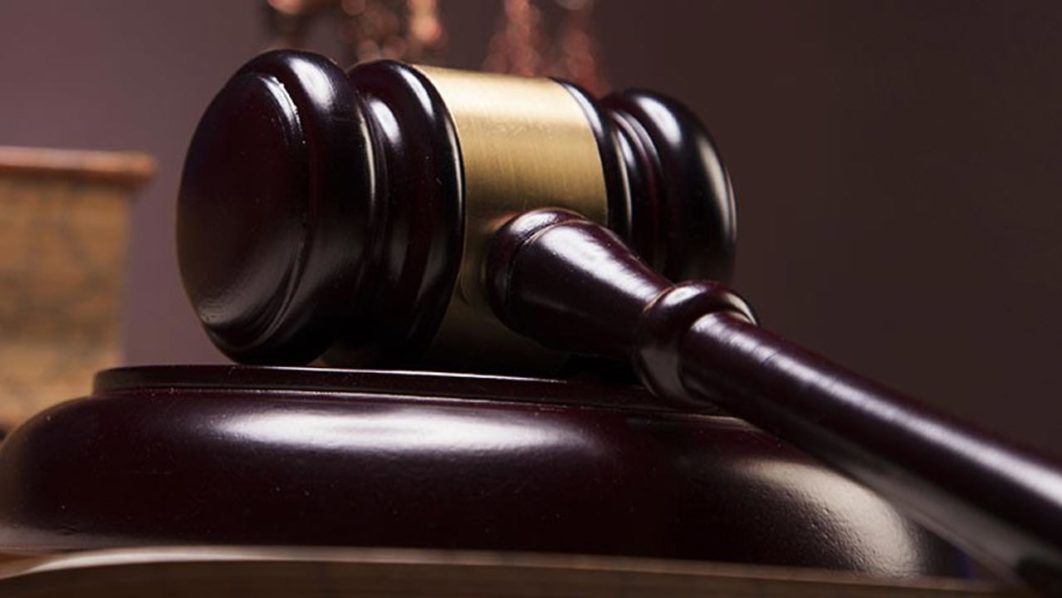By Bayo Akinlade
A Magistrate was reportedly recently reassigned for giving an Order against a Commissioner, while also recently a High Court in the FCT ordered the arrest and detention of the EFCC Chairman for contempt of Court. Both Orders have not been carried out nor obeyed as of the time of this article.
What do these two events mean? Lawyers understand the impact of disobedience to Court Orders but many citizens may not. However, what we all know and coming to understand from these two very recent occurrences is that Nigerians and indeed the whole world can no longer trust nor depend on the Judiciary to be the last hope or any hope for that matter. Gone are the days when judges were feared. Where their presence was welcomed with reverence and the words of their mouth was as though God Himself were speaking.
But why has this been the case in this country that the judiciary lost its voice, its power and its respect. Some would argue that it was the military that caused this. Others would blame politicians, while others would argue that it is the appointment process which has been politicized and that weakened the institution of the 3rd arm of government. While all these may be true, emphasis on who or what is the cause may not be the right thing to focus on at the moment. The solutions are what we must now consider and I want to suggest at least one.
All judges (including lower court judges) have inherent powers deposited in them. These powers are such that because of their neutrality, judges are vested with powers to maintain the peace and to balance the scales between two warring parties. It may be an arm of government and part of governance but it is in all forms and character not to be controlled nor dedicated to by the other arms of government.
A judge is independent, thus every single court is headed by just one judge except special and advanced courts like tribunals, the Court of Appeal and the Supreme Court. A judge can do no wrong hence the provision for appeals against taking up the same matter in a court of similar or concurrent jurisdiction. This said, a court not obeyed or respected rips into the fabric of our democracy and upsets the balance within a polity
With these powers, an average judge should be able to overcome any assault against their authority *But no more judicial activism!* A judge can refuse to hear an application brought by an erring party, a party who refuses to obey a previous order of the court.
For example, the judiciary can refuse to hear an application by any government agency that fails to comply with its orders but unfortunately, they don’t. The police for instance disobey court orders frequently yet the judiciary continues to indulge them. The executive arm of government disobeys the court frequently yet the judiciary would cower before the Executive Arm and make other orders in their favour and so on…
Why have judges become afraid or nonchalant? Even if the judge is the son, daughter, wife, husband or relative of those in political power, even if the Judge is connected one way or the other to a dispute another judge is handling, should these personal relationships destroy our nation and make it ungovernable?
All judges should rise up, reconsider their oaths above all else and do their jobs as a calling of divine importance. Without our judges we are nothing. We become savages, worse than animals with nothing to offer the next generation but chaos and apathy. The phrase, “The Judiciary should be seen and not be heard” has killed this country… We see the Judiciary doing nothing when we ought to hear them loudly declaring justice
We need to start seeing and hearing from the judiciary. We need judicial activism to restore confidence in the justice delivery sector.
Akinlade is a lawyer in Lagos.

